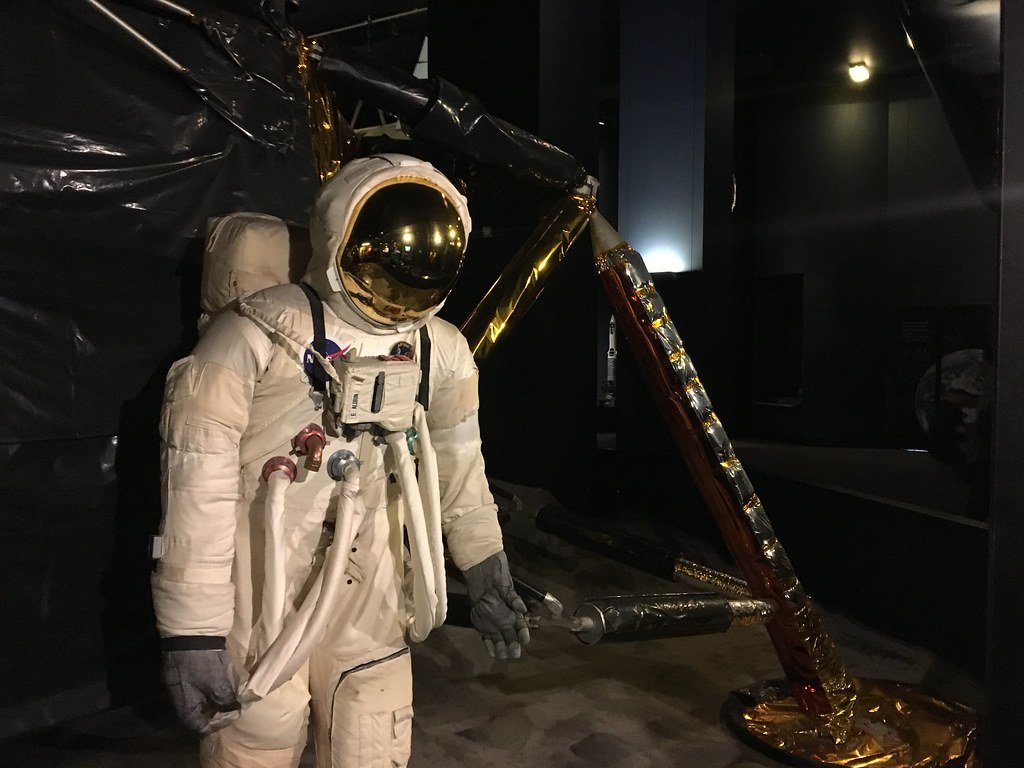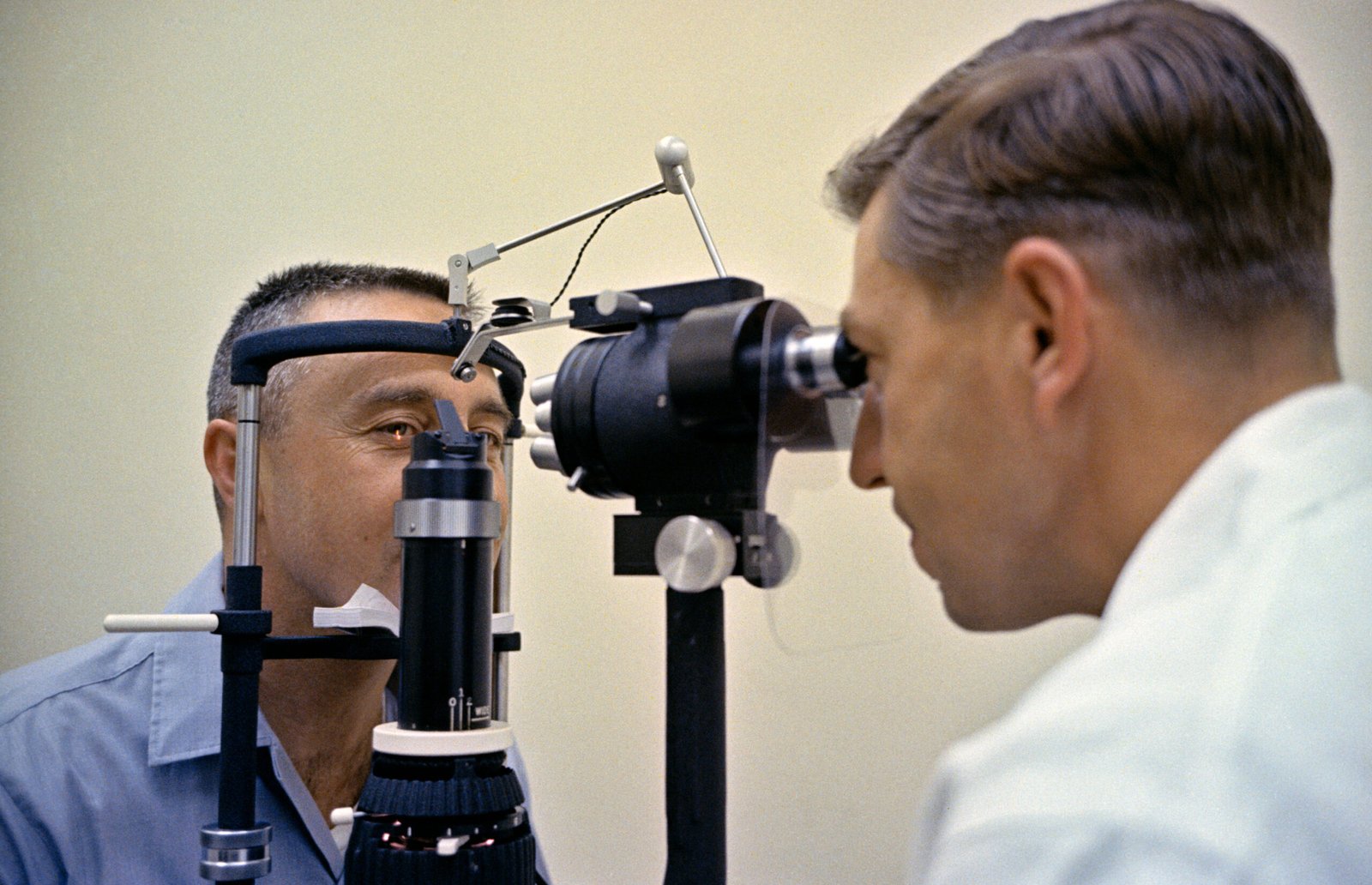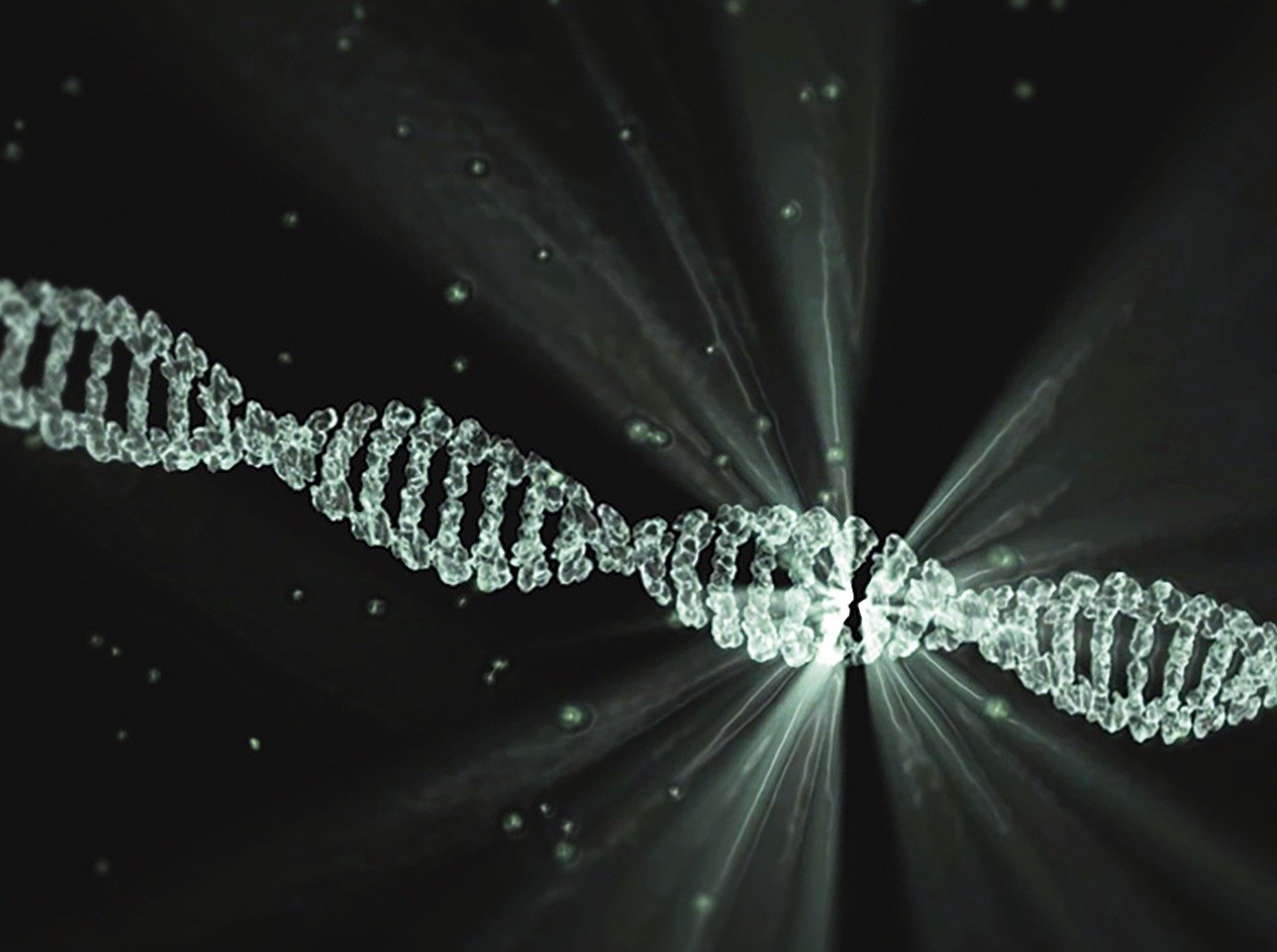When Your Skeleton Starts Melting Away
Here’s something that might shock you: your bones become fragile and you lose 1 percent of their bone mass per month when you’re floating around in space. That’s like aging an entire year in just one month. Think about it this way – your bones are basically living scaffolding that constantly rebuilds itself because gravity forces them to work. But up there, with nothing pulling you down? Your skeleton figures it doesn’t need to be so strong anymore. Bones that support the body’s weight can lose 1% to 1.5% of mineral density on average per month in space, making them brittle as old tree branches. Astronauts literally have to exercise for hours every day just trying to trick their bones into thinking they still need to be strong.
Your Muscles Don’t Care About Being a Hero
Astronauts lose muscle mass rapidly because they do not use their legs to support their weight in the floating world of space. Imagine never having to carry your own body weight again – sounds great, right? Wrong. Microgravity causes muscle atrophy, but exercise for two hours a day, six days a week and supplements can reduce muscle loss. Your muscles start shrinking faster than a deflating balloon. The scary part? Some astronauts can lose up to 20% of their muscle mass on missions lasting just five to 11 days. It’s like your body is saying, “Why bother being strong when everything weighs nothing?” The treadmills they use in space aren’t for staying fit – they’re for survival.
The Puffy Face Mystery That Stumped Scientists

Ever wonder why astronauts look so different in space photos? The face swells in space and the mucous membranes of the nose also swell, so astronauts often have congested noses. It’s not just a weird camera angle. On Earth, gravity pulls blood and cerebrospinal fluid towards the ground, while the heart and other muscles push them throughout the body. Without gravity, more fluid than usual collects in the head. Picture squeezing a water balloon from the bottom – all that liquid rushes to the top. This is the cause of the round-faced ‘puffiness’ seen in astronauts, and may contribute to observations of altered speech motor control in astronauts. They basically walk around with permanent stuffiness, like having a cold that never goes away.
When Your Heart Forgets How to Work

Your heart is basically a muscle that’s been doing push-ups against gravity your whole life. Blood circulation slows down and production of red blood cells decreases. Cardiac arrhythmia is common during spaceflight. Without gravity constantly challenging it, your heart gets lazy and actually shrinks. Think of it like a bodybuilder who stops lifting weights – the muscle just wastes away. As their bodies readjust to gravity, they experience balance issues, dizziness and weakened cardiovascular function when astronauts return to Earth. Some can’t even stand up without fainting because their hearts forgot how to pump blood upward against gravity. It’s like your cardiovascular system goes on vacation and forgets how to do its job.
The Radiation That’s Slowly Cooking You
Although the ISS is shielded by Earth’s magnetosphere, astronauts on missions lasting six months or longer receive more than 10 times the radiation than what is naturally occurring on Earth. Imagine getting ten chest X-rays every single day – that’s the reality for long-term space travelers. This can lead to DNA damage, increased cancer risk, neurodegenerative effects, cardiovascular issues and immune system dysregulation. This degree of exposure results in a 2–3% mean increased risk of death from radiation carcinogenesis and this limit would be reached between 200 and 400 days of space travel. The scary part? You can’t feel it happening. It’s like a slow-motion sunburn that affects your entire body from the inside out.
Your Immune System Goes on Strike
Space doesn’t just mess with your bones and muscles – it basically tells your immune system to take a permanent vacation. The immune system weakens significantly during spaceflight. Your white blood cells, those tiny soldiers that fight off infections, start slacking off worse than teenagers on summer break. There are also changes to the immune system during this time, often a result of chronic stress, making astronauts sitting ducks for any bug that comes their way. Latent viruses in humans may be activated during space missions, adding possibly more risk to astronauts in future deep-space missions. It’s like your body’s security system decides to take a nap just when you need it most.
The Eye Problem That Could End Mars Dreams

When they go on long missions in space that are more than six months, almost 70% of astronauts have something called Spaceflight Associated Neuro-ocular Syndrome. This isn’t just needing reading glasses – we’re talking about actual structural changes to your eyeballs. For long-duration astronauts, they were getting structural changes, like flattening of the eye that resulted in a shift in their vision, as well as swelling at the optic nerve head. Two significant structural changes include the brain physically sitting higher in the skull and the expansion of the brain’s ventricles — fluid-filled cavities in the brain — which can increase in volume by 25% or more. Your eyes literally change shape, and some of these changes stick around long after you return to Earth. NASA considers SANS one of its ‘red risks’ for a Mars mission, owing to its potential severity and the number of astronauts that could be exposed.
Your Brain Gets Scrambled Like Morning Eggs
The effects on your brain are perhaps the most disturbing of all. Research published in 2024 detailed changes in the brain, heart, muscles, kidneys and skin, immune regulation and stress levels and a breakdown in the activity of mitochondria among crew members. Brain structural changes, particularly related to fluid shifts in space, show little to no recovery even after six months to a year. It’s like your brain gets permanently remodeled by the experience. Radiation may cause brain damage and the onset of Alzheimer’s disease, which means space travel could be aging your brain faster than a bad night out. Some changes to brain structure appear to be permanent – your brain literally never goes back to the way it was before.
When Motion Sickness Becomes Your New Normal

Many people show symptoms of “space sickness,” such as headaches, nausea, and vomiting when they first arrive in space. But here’s the weird part – it’s not just motion sickness like you’d get on a boat. If you stay for a few days in space, your brain adjusts its interpretation of the vestibular information, so the space sickness goes away. There are individual differences in the severity of space sickness, and some people don’t experience it at all. Another study published in 2024 showed that astronauts are more likely to experience headaches in space than previously known. It involved 24 astronauts who traveled aboard the ISS for up to 26 weeks. All but two reported headaches. Your inner ear basically goes haywire trying to figure out which way is up when there is no up.
Your Skin Becomes Paper-Thin
Skin thins, tears easily and heals more slowly in space. Think of your skin as leather that’s been left out in the sun too long – it becomes fragile and papery. Without gravity constantly pulling on your skin and the normal wear and tear of daily life, your skin cells get lazy about renewing themselves. Cuts and scrapes that would heal in days on Earth can take weeks to close up in space. Three months later: Skin redevelopment is complete after returning to Earth, but during the mission, astronauts have to be extra careful not to injure themselves. It’s like your skin forgets how to be skin.
Sleep Becomes Mission Impossible
Trying to sleep in space is like trying to sleep on a merry-go-round that never stops. Space disrupts orientation, causing motion sickness and makes maintaining normal sleep patterns nearly impossible. The International Space Station orbits Earth every 90 minutes, which means astronauts see 16 sunrises and sunsets every day. Your body’s internal clock, which has been synced to Earth’s 24-hour cycle for your entire life, completely loses its mind. NASA has to use artificial lighting and scheduled sleep periods just to help astronauts get a few hours of rest. Sleep returns to normal about a week after returning to Earth, but during the mission, many astronauts suffer from chronic fatigue that affects their ability to think clearly and make decisions.
Your DNA Gets Rewritten by the Cosmos

Perhaps the most mind-blowing discovery is what space does to your genetic code. Most genes reset after returning to Earth, but about 7 percent remain disrupted permanently. These six features include mitochondrial dysregulation, oxidative stress, free radicals, DNA damage, telomere length, variations in microbiomes and epigenetic changes. Think of it like space is editing your body’s instruction manual while you’re up there. The authors of these papers also studied free radicals, or unstable atoms in the human body that could damage cells and lead to illnesses like cancer in astronauts during spaceflight. Additionally, the researchers saw evidence of DNA damage, which is expected with the type of radiation exposure that astronauts endure. Some of these genetic changes stick around forever, making you a slightly different person than when you left Earth.
The Recovery That Never Fully Happens

Coming back to Earth isn’t like flipping a switch that makes everything normal again. Returning to Earth does not immediately undo months of strain on astronauts’ bodies. Even months after landing, not everything recovers. They face long-term health risks, including cancer, nerve damage and degenerative diseases. Recovery after long-duration spaceflight often takes several weeks for some systems, while others never fully bounce back. Deficits in dexterity, dual-tasking, and vehicle operation are also commonly observed immediately after spaceflight. Therefore, short-duration astronauts are recommended to not drive automobiles for several days, and only after a sensorimotor evaluation. It’s like space leaves permanent fingerprints on your biology that you carry for the rest of your life.
What’s truly terrifying is that we’re still discovering new ways that space changes us, and some of these changes might be permanent. The human body simply wasn’t designed for the cosmic environment, and every mission teaches us just how fragile we really are when we leave our home planet behind. Makes you wonder – is the final frontier worth the ultimate price our bodies pay?


